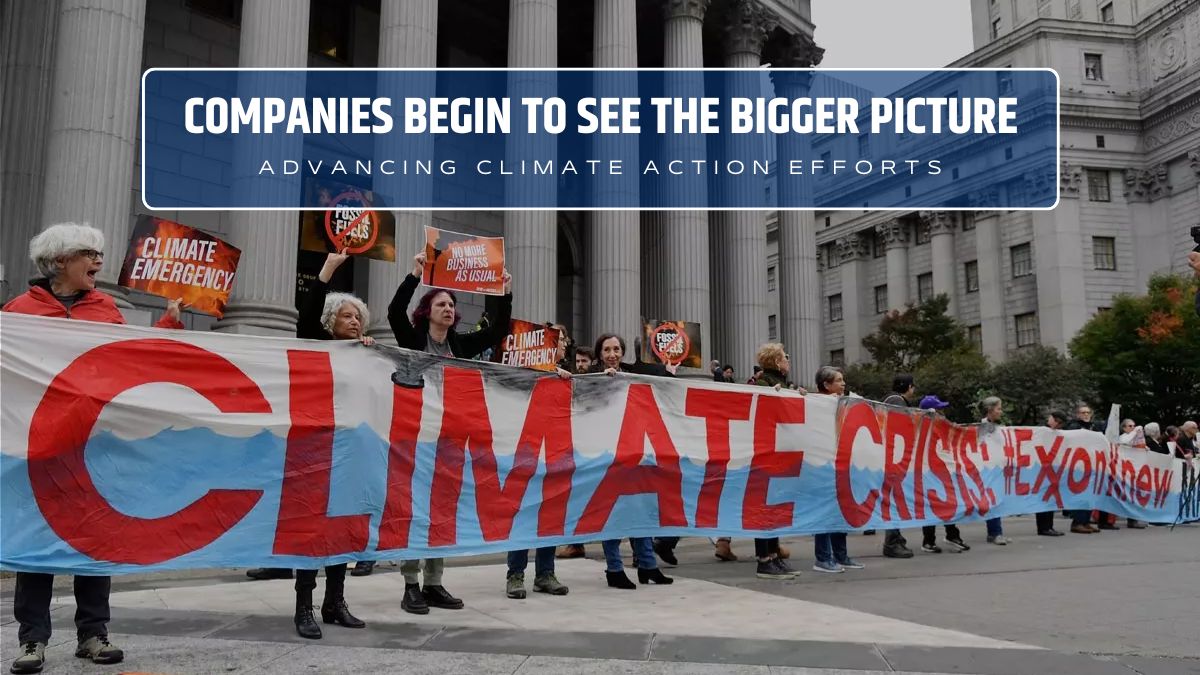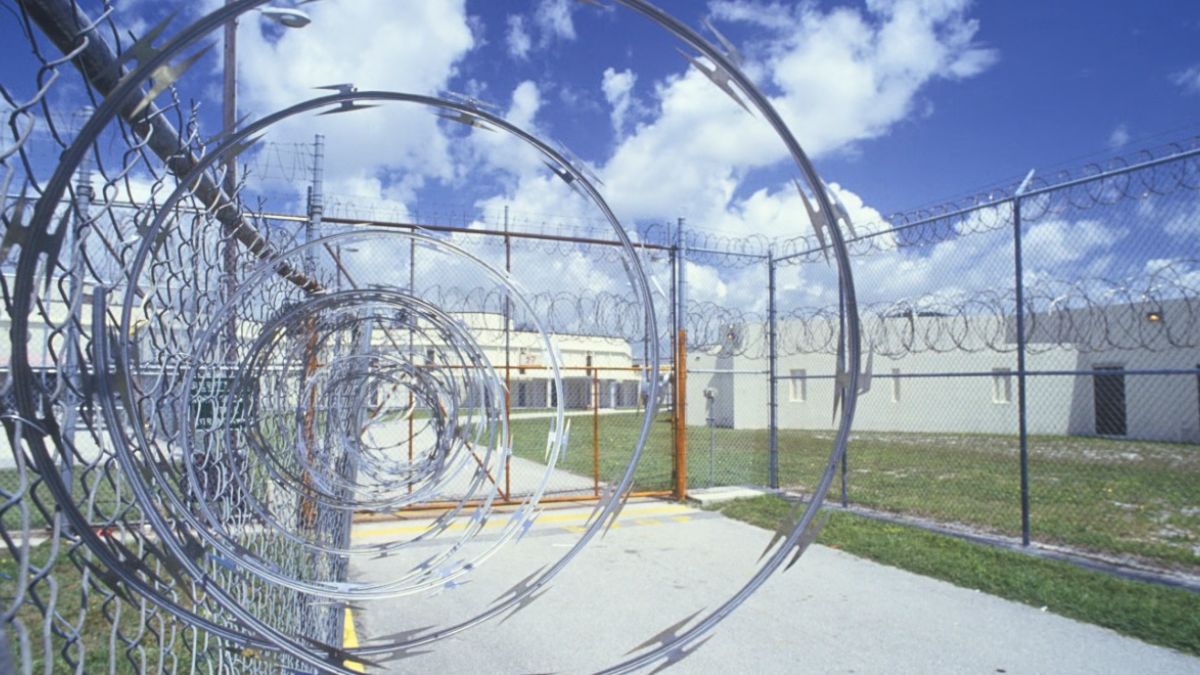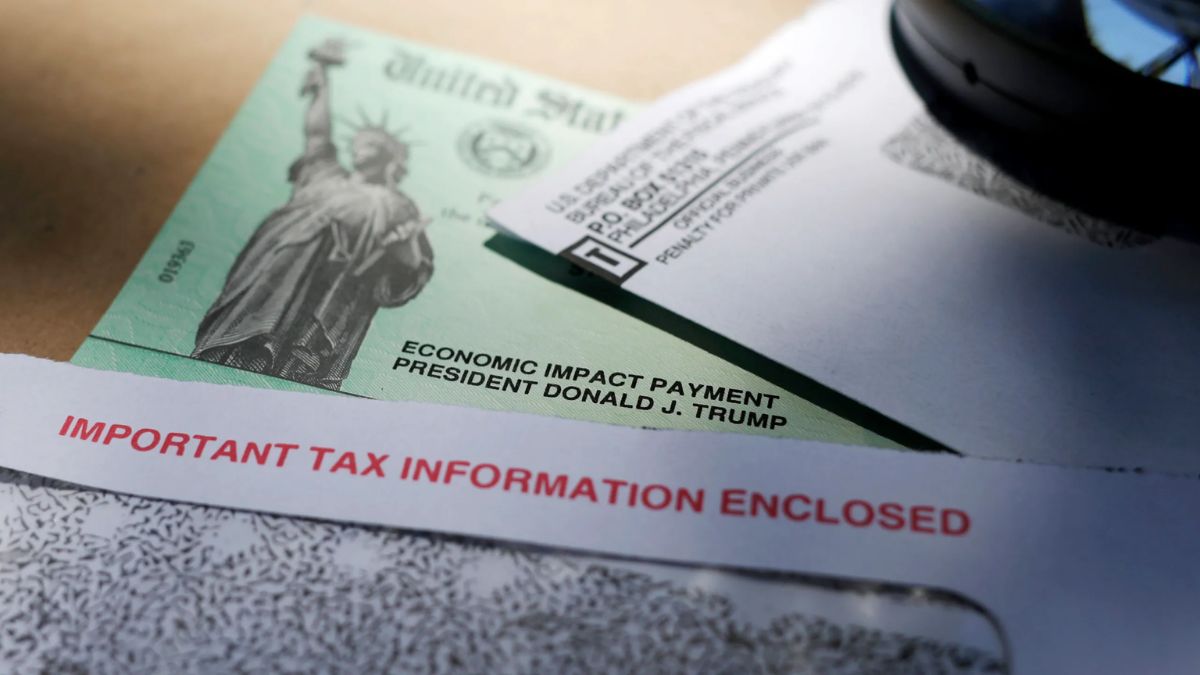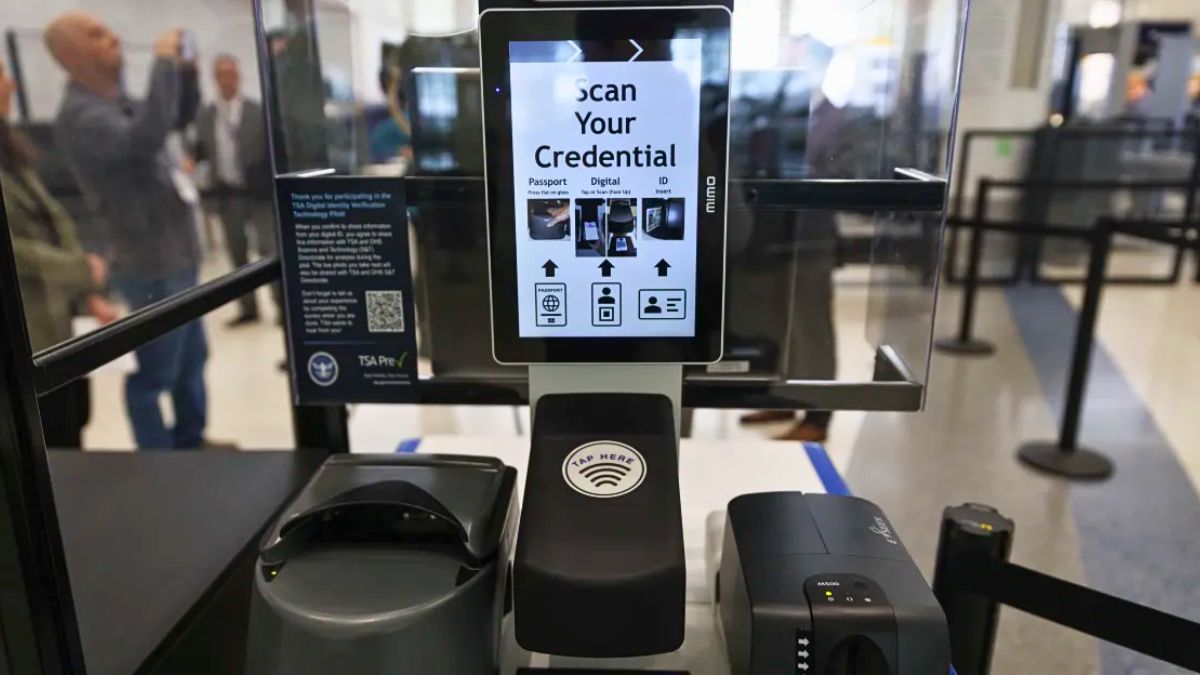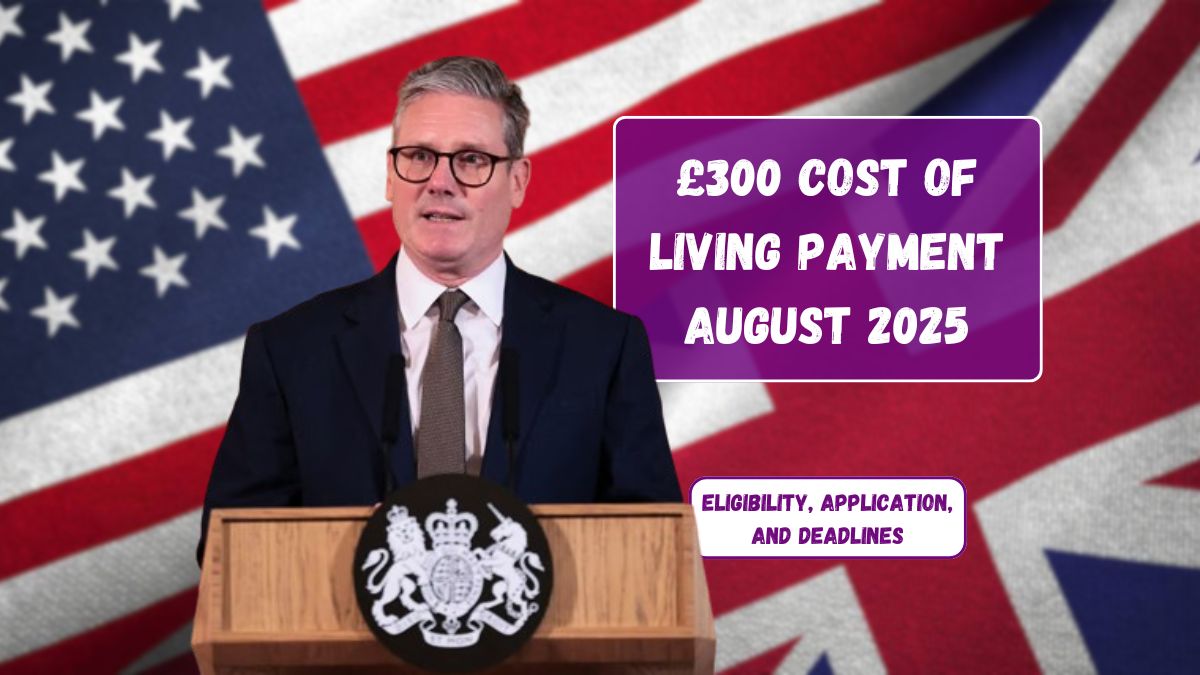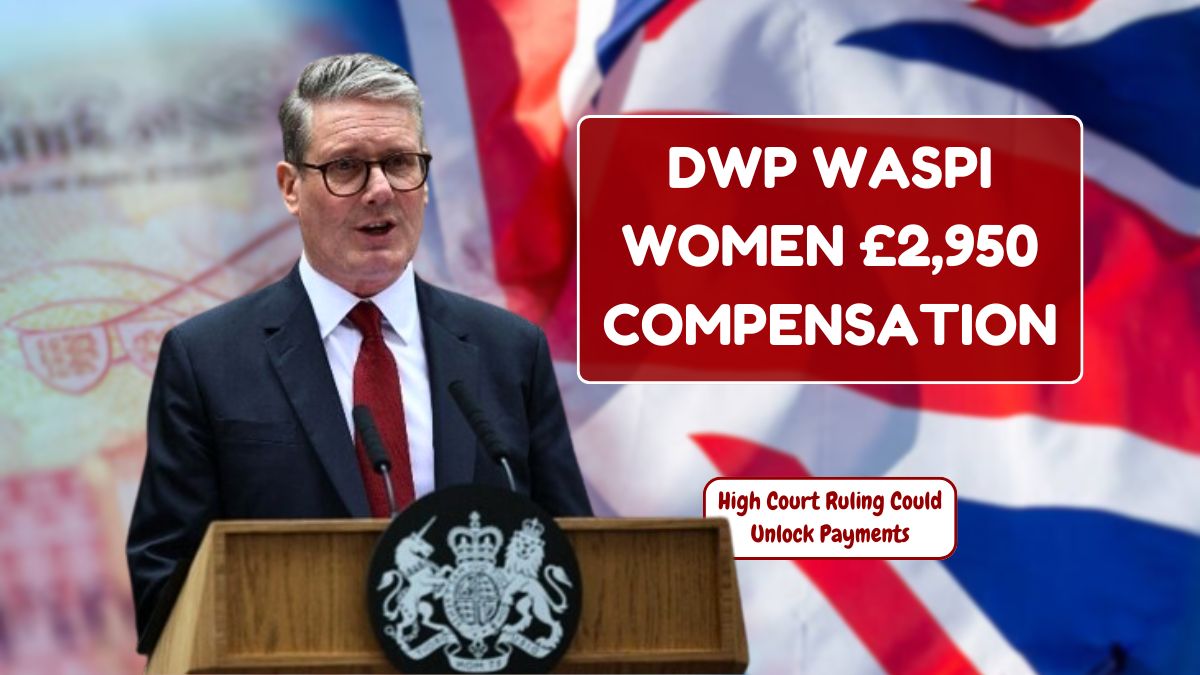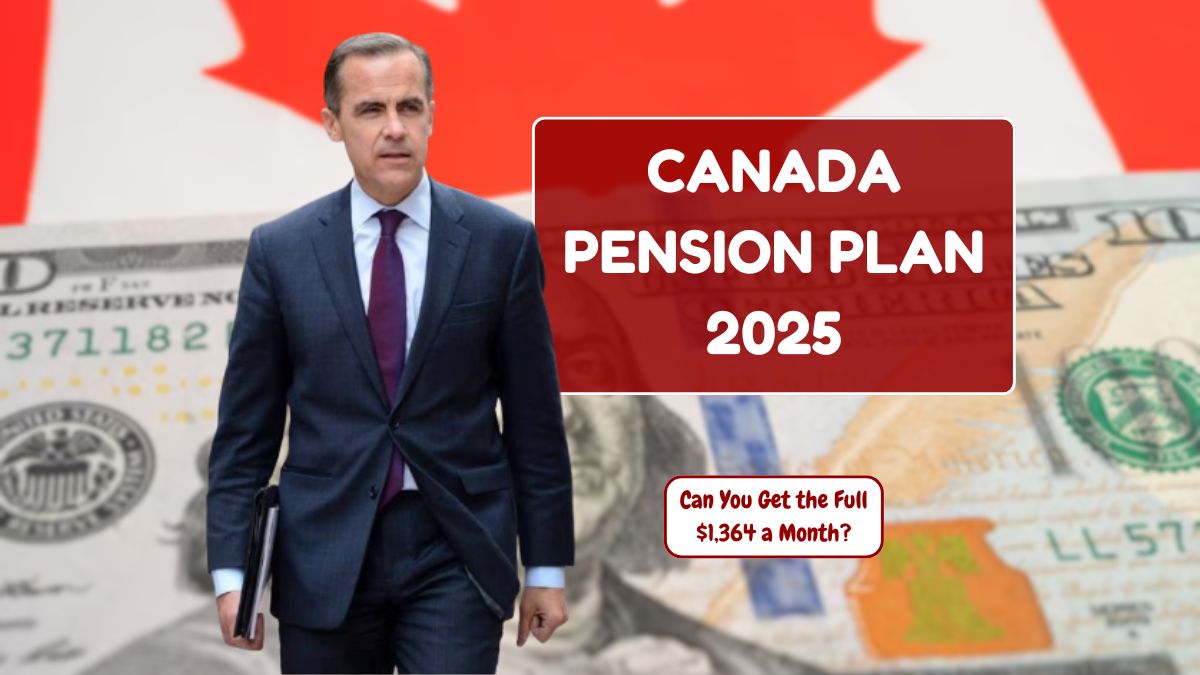If you’ve been paying close attention to how businesses are tackling climate change, it’s easy to get tangled in details—carbon credits, emissions disclosures, new regulations. But sometimes, it helps to zoom out. That’s exactly what happened this week at Aspen Ideas Climate, held in Chicago for the first time, where leaders came together to talk about the big-picture reasons why companies must stay focused on climate.
Strategy
The most important takeaway? Climate action isn’t just about doing good—it’s about making smart, strategic decisions. It’s no longer seen as just an act of corporate responsibility or a way to grab a quick tax credit. It’s about managing long-term risks and building resilience in a changing world.
Climate-related challenges are here, and they’re only going to grow. From floods and fires to heatwaves and hurricanes, the physical risks to operations, supply chains, and consumers are intensifying. Sarah Kapnick, global head of climate advisory at JPMorgan, put it clearly: “As long as emissions continue to accumulate greenhouse gas in the atmosphere, the climate is going to change, and people are going to respond to those changes.”
In other words, consumer behavior, insurance pricing, supply chain logistics—every aspect of business is being reshaped by climate impacts.
Complexity
Kapnick also highlighted that conversations within the private sector have become far more nuanced than they were even a few years ago. Executives aren’t just asking whether climate is relevant—they’re asking how it impacts their operations, finances, and long-term risk profiles.
She sees a shift from surface-level interest in sustainability to deeper, more technical discussions around business resiliency and operational shifts. That growing sophistication reflects how seriously large companies are taking the issue.
Liability
While climate policy can feel slow-moving, the legal landscape is shifting. As the conference wrapped up, news broke about a ruling from the International Court of Justice: nations have a legal obligation to act on climate—and could face liability for damages if they don’t. The ruling isn’t enforceable yet, but it lays legal groundwork that could affect corporations next.
If countries can be held accountable, how long before similar pressure hits companies? Courts may soon need to decide whether businesses have a legal duty to reduce their emissions—or compensate for the harm caused by inaction.
Savings
Interestingly, climate strategy isn’t just about risk—it’s also about opportunity. More and more businesses are realizing that emissions reduction can go hand in hand with cost savings.
Lauren Riley, United Airlines’ chief sustainability officer, gave a great example. The airline spent $12 billion on fuel last year—its second-largest expense behind labor. Cutting emissions isn’t just about the planet; it’s about finding cheaper, more stable fuel sources. “We want to find ways that we can control that supply chain, diversify it, find cost effective alternatives,” she said.
When costs are rising across the board—thanks to high interest rates, supply chain issues, or new tariffs—climate-smart choices can provide a much-needed financial cushion.
Tech
And then there’s technology. Tools like artificial intelligence are making it easier to map emissions, identify energy inefficiencies, and modernize infrastructure. Often, the path to a cleaner operation also leads to a leaner one.
AI can track where emissions spike across a company’s operations. New infrastructure doesn’t just meet environmental goals—it’s often more fuel-efficient, more automated, and ultimately more profitable in the long run.
The message from Aspen was clear: climate action isn’t just good PR or a box to check. It’s a strategic decision that smart companies are making to stay competitive, resilient, and prepared for what’s coming next.
FAQs
Why should businesses care about climate?
Climate risks affect operations, supply chains, and profits.
What is JPMorgan’s role in climate work?
They advise clients on managing climate-related risks.
Is there legal pressure to act on climate?
Yes, courts are starting to look into climate responsibility.
How does climate action save money?
It reduces energy, fuel, and long-term operational costs.
Can AI help reduce emissions?
Yes, it maps inefficiencies and tracks emissions in real time.

